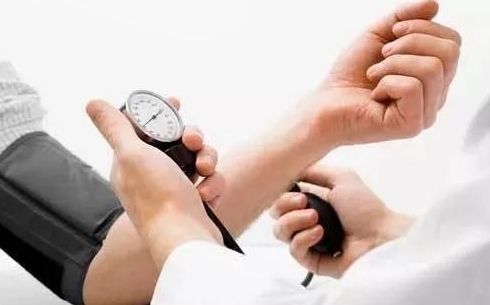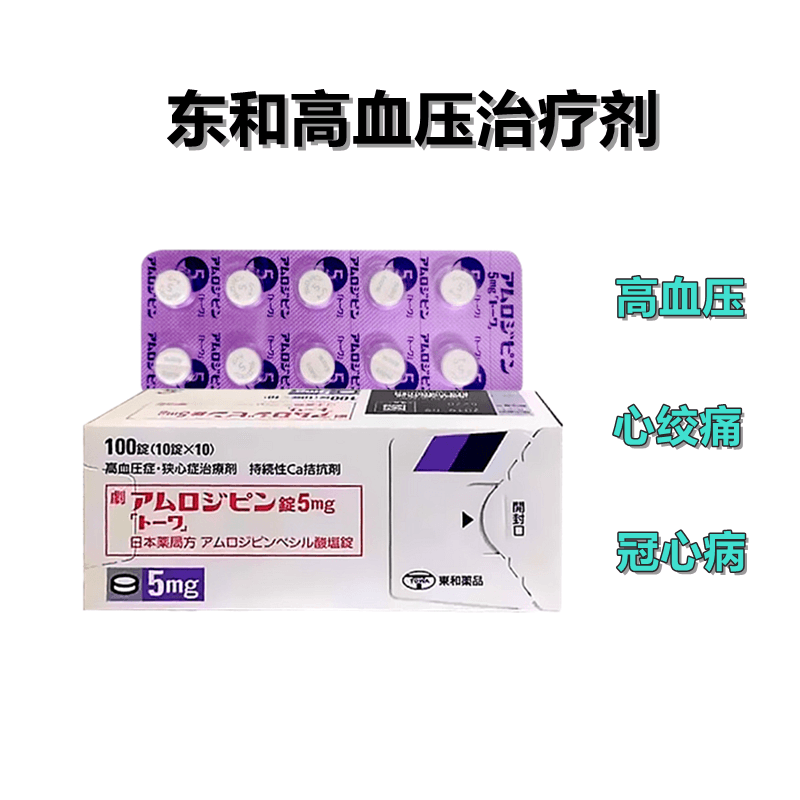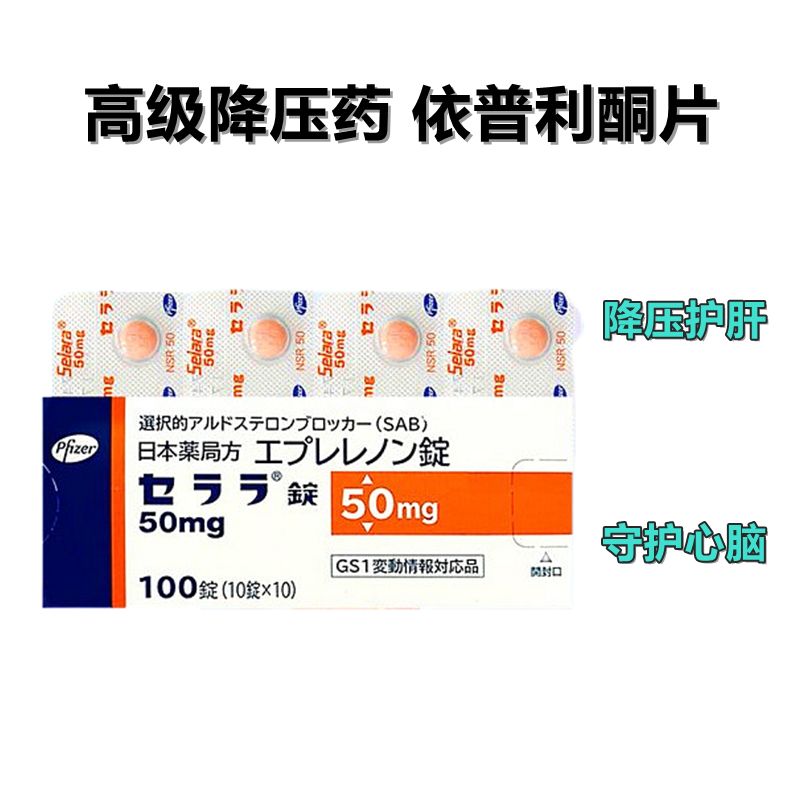Hypertension is a common cardiovascular disease and a chronic condition that poses a significant public health problem globally. Hypertension is a major factor in the incidence and mortality of cerebrovascular accidents (strokes) and coronary artery heart disease (coronary heart disease) in our population. Hypertension cannot be cured and must be controlled long-term with medication. The causes of hypertension are mostly unknown. Prolonged high blood pressure not only increases the workload on the heart but can also lead to heart failure, stroke, kidney failure, blindness, and other serious consequences.
Treatment for hypertension involves both lifestyle changes and medication. Lifestyle improvements include a balanced diet, reducing the intake of high-salt, high-fat, and high-cholesterol foods, regular exercise, and maintaining an ideal weight. Medication treatment primarily works by reducing blood volume, dilating blood vessels, slowing the heart rate, and weakening myocardial contractility to lower blood pressure.

Very few hypertension patients follow medication treatment based on "what others say" or have "their own opinions." However, many of these opinions are incorrect and detrimental to blood pressure control. Below, we will explore several common misconceptions about using antihypertensive drugs to see if you or your friends have these issues.
1.Reluctant to take medication early? Correct approach: The earlier the treatment, the greater the benefit.
Many young patients diagnosed with hypertension are reluctant to take medication, fearing that starting too early will reduce its effectiveness over time, or thinking that they don't need medication since their symptoms are not severe. This view is incorrect and very dangerous.
Most patients, upon discovering hypertension, cannot lower their blood pressure to normal levels solely by changing their lifestyle; they need medication. The earlier standardized medication treatment begins, the greater the benefit. It’s important to know that the main harm of hypertension is the unnoticed damage to blood vessels throughout the body, further harming vital organs like the heart, brain, and kidneys. The sooner blood pressure is controlled, the better the protection for blood vessels and the prevention of organ damage. Waiting until there is organ damage and noticeable symptoms before taking medication means missing the best treatment opportunity.
2.Stop medication when blood pressure is normal? Correct approach: Continue medication to maintain stable blood pressure.
Some patients stop taking their medication once their blood pressure decreases, thinking they no longer need it. This is very harmful.
Hypertension cannot be cured but only controlled, requiring long-term or even lifelong use of antihypertensive drugs. Stopping medication on your own will cause blood pressure to rise again. Fluctuating blood pressure can cause more severe damage to the heart, brain, and kidneys. Only a professional doctor can assess when and how to reduce medication.
3.Over-relying on medication? Correct approach: Maintain a healthy lifestyle.
Some patients rely solely on medication to lower blood pressure without adjusting their lifestyle, continuing to eat excessively and smoke and drink. Medication treatment should be based on a healthy lifestyle; both are indispensable.
Unhealthy habits such as smoking, excessive drinking, high-salt diets, and lack of exercise, if not corrected, will reduce the effectiveness of even the best medication. Many people have poor blood pressure control despite taking medication, which is the reason.
4.Only taking medication without monitoring its effects? Correct approach: Regularly monitor blood pressure.
Some patients find regular blood pressure monitoring too troublesome and do not pay attention to their blood pressure levels. This makes it difficult to maintain long-term stable blood pressure.
Antihypertensive treatment emphasizes individualized medication, requiring patients to regularly measure and record their blood pressure to understand the relationship between medication and blood pressure changes. This helps determine the appropriate dosage or combination of medications.
In today's society, hypertension, cerebral thrombosis, cerebral artery blockage, and various other diseases are prevalent. The following antihypertensive drugs are specifically designed in Japan for these conditions.


Medication Precaution 1:
Pay close attention to the various adverse reactions that may occur during the use of antihypertensive drugs, so that they can be detected and corrected in time. During medication, do not increase or decrease the dosage based on self-feeling. Self-feeling is unreliable; for example, dizziness can occur when blood pressure is high, and it can also be felt when blood pressure is too low.
Medication Precaution 2:
Taking antihypertensive drugs before bedtime for hypertensive patients can easily lead to a significant drop in blood pressure, causing insufficient blood supply to organs such as the heart, brain, and kidneys, and may even induce cerebral thrombosis or myocardial infarction. If multiple doses are required, the last dose should be scheduled 3 to 4 hours before bedtime.
Medication Precaution 3:
Once diagnosed with hypertension, patients need to take medication for life and adjust their lifestyle. After ideal blood pressure control is achieved, the medication dosage can be reduced under the guidance of a doctor. Do not stop medication on your own.
Medication Precaution 4:
Blood pressure is not constant throughout the 24 hours of the day and has spontaneous fluctuations. Blood pressure is highest between 8-10 AM and 3-5 PM. The effect of most medications begins to appear half an hour after taking them, peaking at 2-3 hours. Special attention is needed during these times.
Regularly emphasize the prevention of hypertension: 1. Take a nap at noon; 2. Eat a light dinner; 3. Moderate entertainment; 4. Soak your feet before bed; 5. Get up slowly; 6. Eat less salt.
